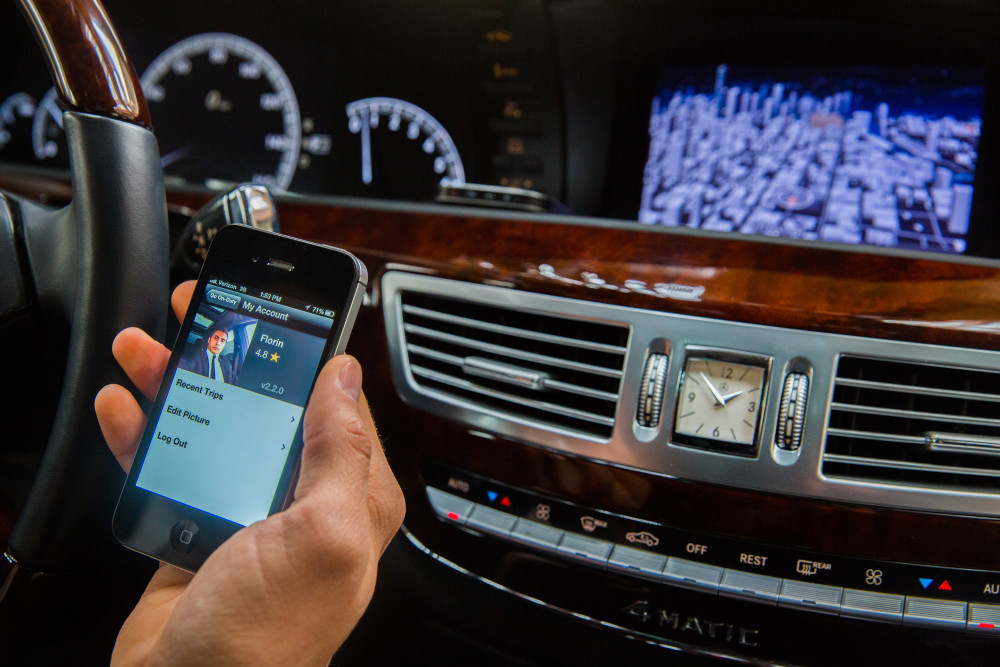By Mihir Dalal and Shrutika Verma
Mint, New Delhi.
BENGALURU/NEW DELHI
Uber’s troubles in Delhi highlight the need to frame new laws for e-commerce companies as well as the challenges of a marketplace model where cab booking service providers have no control over the behaviour of drivers or the quality of cars since the vehicles are owned by drivers, analysts said.
Delhi’s transport regulator banned unregistered cab booking services including Uber, Ola and TaxiForSure, after a female passenger using a cab through Uber’s service said she was raped by the driver. The regulator has allowed radio taxi cab services such as Meru Cabs and Easy Cabs to continue, saying that these companies hold valid city licences.
“The said All India Tourist Permit taxi was provided by Uber on the request of the commuter through the Uber Web application for a local journey within Delhi which was in contravention of the MV Act, 1988 and rules framed there under. Uber also misled the commuter about the nature of the taxi service offered by the ‘Uber App’,” the transport department said in a statement on Monday.
A transport department official said Uber didn’t have a city-specific licence to operate in Delhi while Meru and five other firms did.
However, several analysts said laws governing cab service providers are far from clear and that the Delhi government’s ban may not stand up in court if it is challenged. Meru, for instance, is also trying to move to an asset-light model similar to that of Uber and Ola but still escaped the ban.
“From the reason that the Delhi regulator has given for the ban, it looks like this is a case of regulators not understanding the business models of cab companies,” said Abhishek Goenka, a partner at BMR Advisors and Co. Llp, which advises e-commerce companies on taxation and company structures.
buy vega extra cobra generic buy vega extra cobra online no prescription
“In current law, there’s a grey area about cab booking services and this needs to be resolved. But the cab booking companies are legal entities and I don’t see how they can be banned outright. The issue is that the licence of the holder — the driver — needs to be valid. But the cab companies themselves don’t need licences because neither do they own the cars nor do they employ the drivers.”
Uber didn’t respond to detailed questionnaires seeking comment. Meru chief executive Siddhartha Pahwa didn’t respond to calls or text messages seeking comment.
“TaxiforSure has not received any official communication from the authorities of Delhi on stopping our partner vehicles. We will work with the government to ensure the convenience and safety of the people, especially women,” a TaxiforSure spokesperson said by email.
Anand Subramanian, director of marketing communications at Ola, said the company tracks its cabs in real-time and also operates a call centre that is open to customers at all hours.
“Even though we are not a transport service provider, we ensure that the partner driver who is using our software passes the stringent compliance check of his (KYC) personal and professional papers. Each and every ride of ours is tracked and all records are maintained meticulously. Traceability is paramount for us. In the light of the recent incident in Delhi, we are working on creating an additional layer of GPS tracking in all cabs on the platform,” Subramanian said by email. He did not comment on the ban in Delhi.
Similar to online marketplaces Flipkart, Snapdeal and Amazon, all of which host products owned by third-party sellers, Uber and its rivals Ola and TaxiForSure have no ownership of the cars their customers use. These firms don’t even employ drivers; they simply connect users with drivers, using technology.
Because of India’s poor infrastructure and safety issues associated with using public transport, Uber, Ola and TaxiForSure became popular with the upper middle classes. But in their desperation to increase supply and validate their soaring valuations by increasing market share, these cab booking companies may have compromised on driver background checks. TaxiForSure only works with cab aggregators while Uber and Ola work with both cab aggregators and drivers.
In November, Flipkart delivered a bar of soap to a customer who had actually ordered a smartphone. But as the alleged rape incident shows, the stakes are much higher for cab booking companies.
In the alleged rape last week, it isn’t clear whether the driver was contracted to an operator or was independent.
“It’s a knee-jerk reaction by Delhi (to ban Uber and others). There needs to be a more detailed debate about assigning responsibility and improving safety standards. In the Uber case, if the driver was working with an operator then it’d be unfair to not hold up the operator, too. In any case, a ban doesn’t make the city any safer,” said a consultant who works with e-commerce companies, including Uber and Ola. He declined to be named as he wasn’t allowed to speak on this issue.














































































































































































































































































































































































